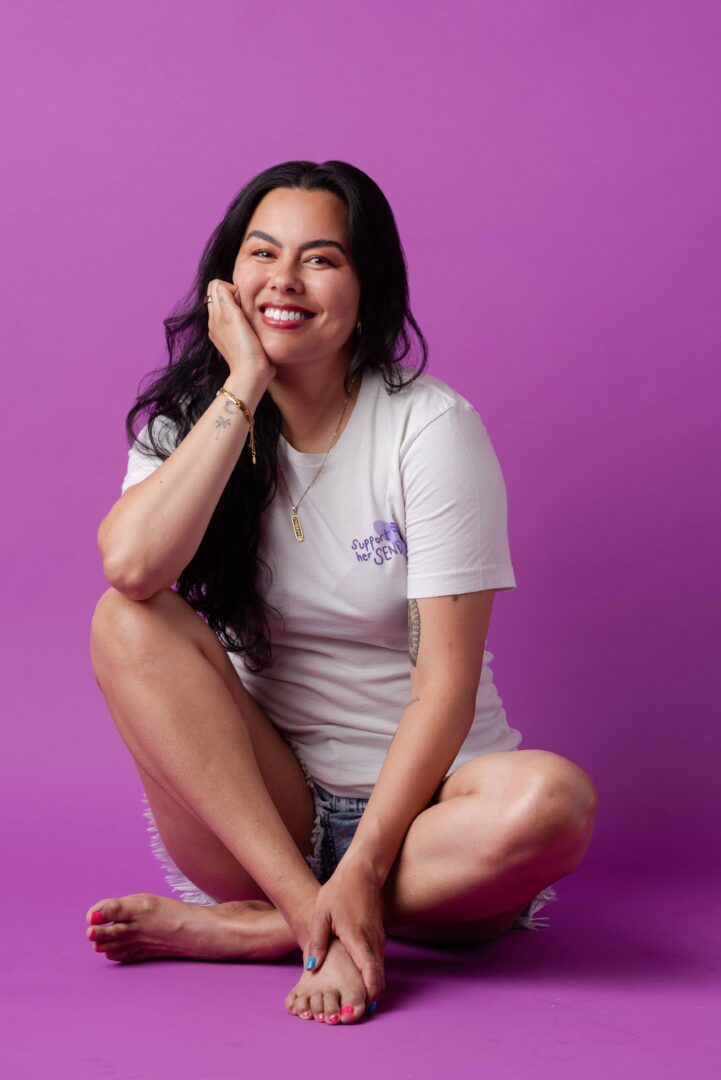We caught up with the brilliant and insightful Jennifer Whang a few weeks ago and have shared our conversation below.
Hi Jennifer, thank you so much for joining us and opening up about the very personal topic of divorce. So many in the community are going through or have gone through divorce and we think hearing about how others dealt with the aftermath and managed to build a vibrant, successful life and career despite the trauma of divorce can be helpful to many who might be feeling a degree of hopelessness. So, maybe you can talk to us about how you overcame divorce?
Growing up in my family, divorce was something that had a negative connotation to it and it was assumed that if you were divorced, “you failed”. I remember thinking that I didn’t know if I wanted to get married because of the expectations that came along with it and the fear of being viewed as a failure if divorced. When I look back now at getting married, I can see that it was my hope that the relationship would work itself out. Interestingly enough, I had told myself that “I made this decision and now I have to stick with it no matter what”. It was an expectation I held to myself in the highest regard, even at the cost of my wellbeing.
I remember when I told my Chosen family of my decision and my brother, they all immediately gave support but I remember fearing to tell my parents because I feared that I would be disappointing them and shaming them by my decision. When my parents finally did learn about divorce, it was hard for them to understand and grasp why along with going through their version of grief. I remember feeling immediately guilty in thinking that I did something wrong and failed them, and that broke me. I would oscillate between becoming emotional with tears and split with laser-focus on tasks like filing the divorce papers and my work. I remember sharing with my colleagues at the time what I was going through and their outpouring of support was incredible. There were various points where I can recall myself crying and daydreaming in thinking about what unfolded and looking back at the relationship. I remember thinking about the additional family members and traditions I’ve now lost as a result of this decision and the lasting impact that these people would now have of me. I think that was one of the hardest parts was knowing that the decision I would make would hurt the person I loved.
Through this experience, I sought out my own therapy and began to reflect on my history of romantic relationships. I would look for patterns in the relationships and the type of men I would be drawn to and I noticed this piece of me that was avoidant in wanting to experience pain after a heartbreak. I had done that historically with my past relationships and I actively chose not to do that with this one. I told myself that I wanted to allow myself to go through the grieving process and experience all the waves of emotions that would come with it. The irony was that I found myself grieving for so many things alongside the actual relationship.
I truly believe time spent with myself and with my community of support were key components in helping me overcome my divorce. I think back to how I would struggle to be comfortably alone with myself and not know how to access my emotions in fear of them overwhelming me, so I’d avoid them. Through the time spent alone, I found comfort in my company and curiosity sparking reflections and insights for me. I noticed the pattern I would fall into and the type of dynamics I’d help co-create in relationships and I recognized that I didn’t want to do that anymore.
I think with being able to process my emotions and to feel everything without judgment gave me opportunity to explore the forgiveness of myself and to come to a space of peace and hope.
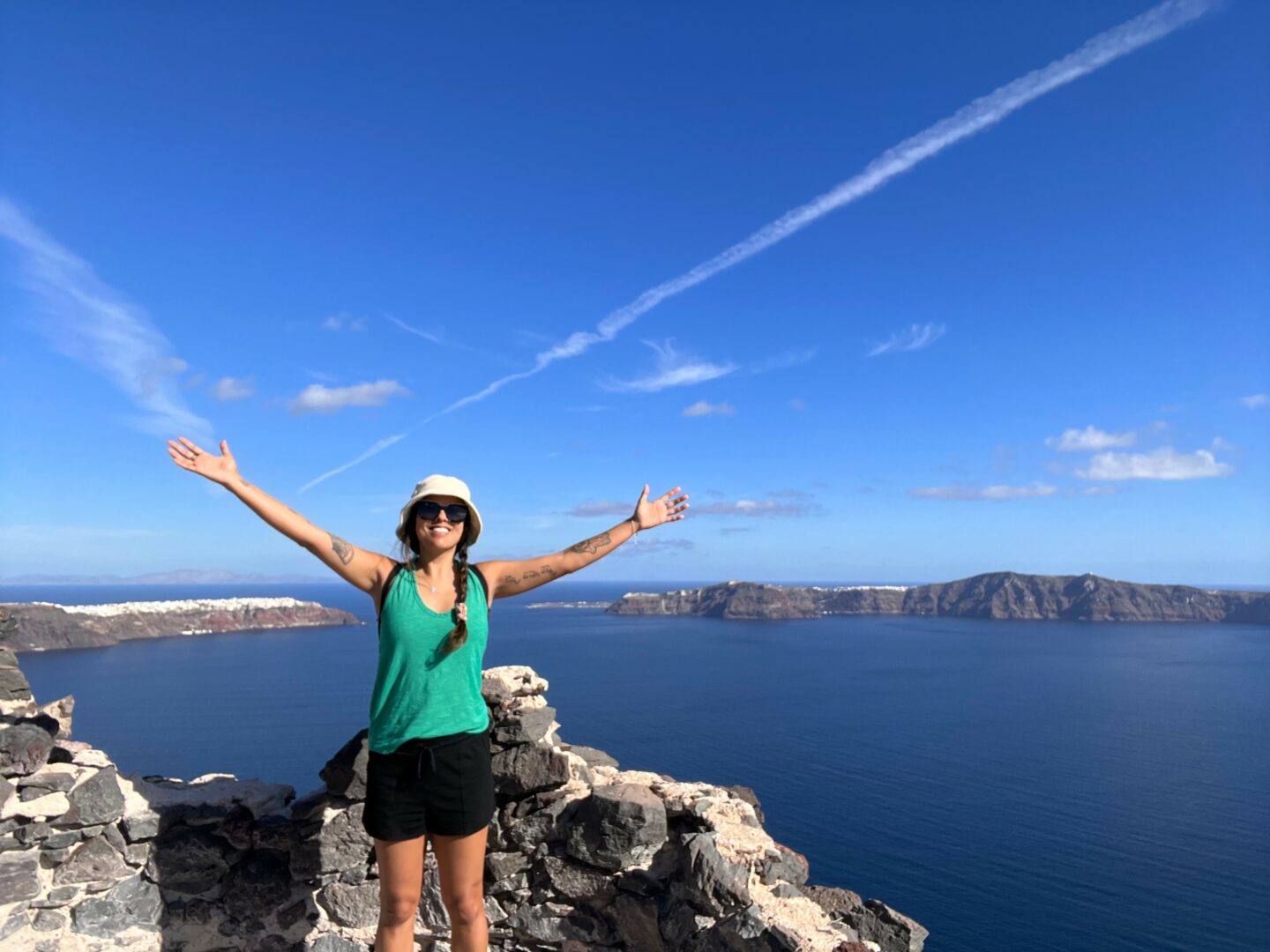
Thanks, so before we move on maybe you can share a bit more about yourself?
I’m a licensed Marriage and Family therapist that specializes in identity and intersectionality. I’m licensed in both Colorado and New york, and I work with individual and couples from different cultural backgrounds. I love the work I do because of my niche in supporting those of marginalized populations. I offer virtual sessions and have my training rooted in Systems Theory. This allows me to work with individuals and couples’ within their systems (work, family, environment). I find this work meaningful and empowering in supporting my clients explore themselves and get to a space of practicing self-love. I’m also part of several directories to raise more access for mental health in marginalized groups like AAPI and Black and Brown Spaces. The need for access and support for mental health is vital and being able to be in a field of other like-minded BIPOC therapists is incredible. It’s starting to create more spaces of understanding of feeling seen and heard from various backgrounds.
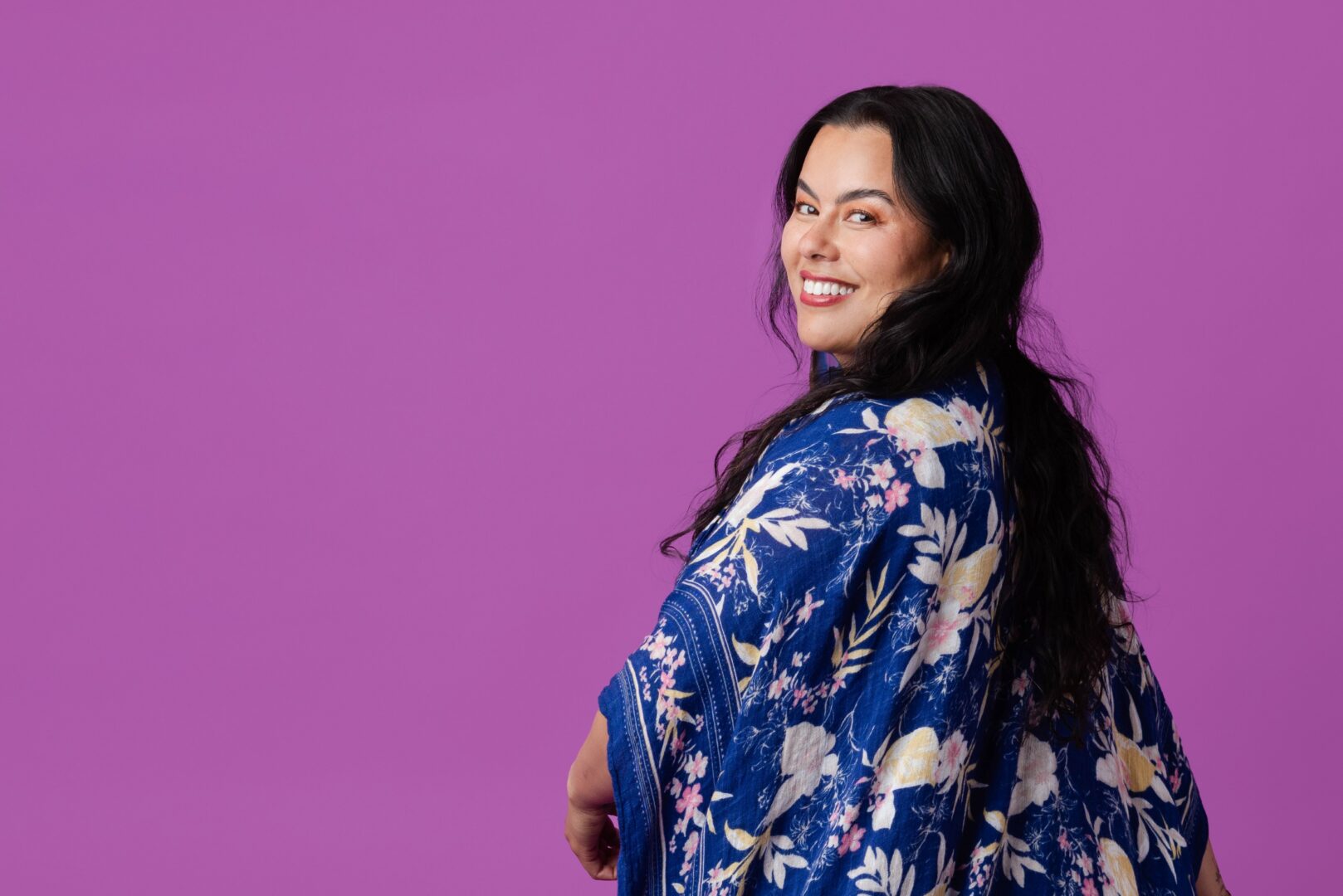
There is so much advice out there about all the different skills and qualities folks need to develop in order to succeed in today’s highly competitive environment and often it can feel overwhelming. So, if we had to break it down to just the three that matter most, which three skills or qualities would you focus on?
Three most important qualities I think about when it comes to exploring life transitions and contemplating the integrity of the relationship are honesty, curiosity, and authenticity. I think about the important piece of feeling comfortable being who you are and knowing who you are, meaning the values you believe in and live your life by. I think in having a better grasp at those, it can create curiosity to have conversations in relationships to explore you and your partner’s values and how they may or may not connect. Then from there I think about honesty, and learning how to be honest with yourself and your partner about where you are in the relationship and how it’s impacting you. I feel people find themselves afraid to be honest in fear of hurting the other person, yet that person still may get hurt because of you portraying an image of you that isn’t authentic. It takes courage to be authentically you and honest, but it can also be a empowering for you.
Being able to identify what your values are can be helpful in gaining a better understanding of what makes you, you. Be curious!
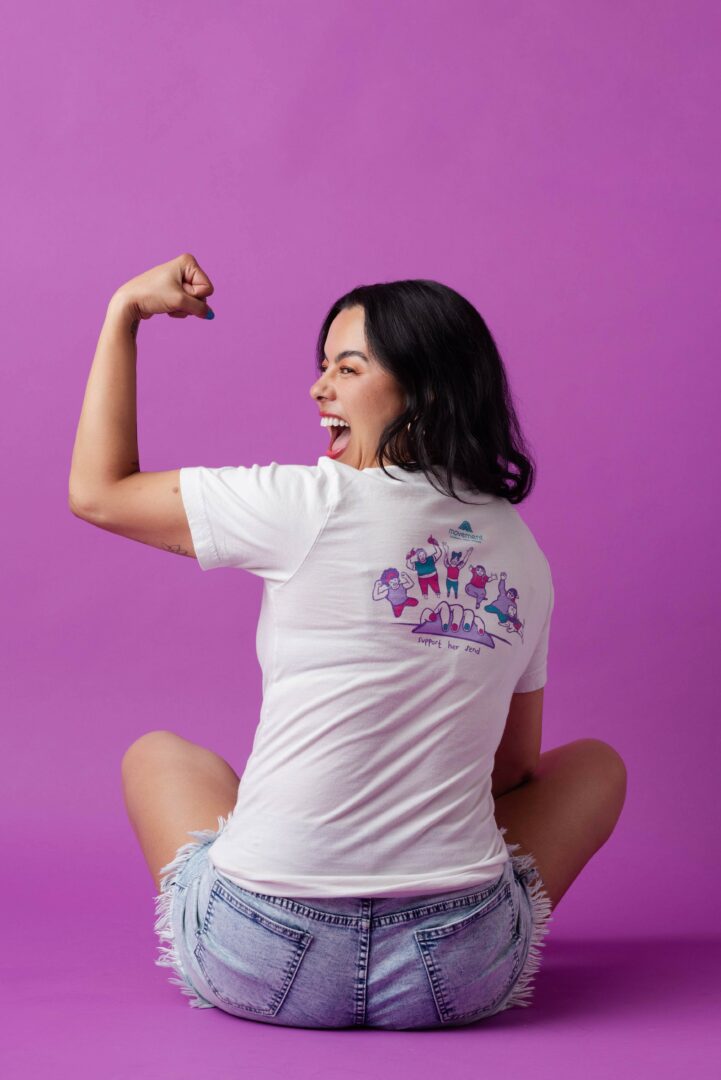
What was the most impactful thing your parents did for you?
The most impactful thing my parents did for me was prioritize my education and highlight the importance of respect. My parents immigrated to the U.S. where they then met each other and started their family and for them, education was important to give me and my sibling access to. Looking back, the value that continued to show up was the value of respect and how to treat people with respect and to also be treated respectfully. My mom was a big advocate for that to me in giving pep talks starting in middle school throughout high school in feeling respected by people and to address it head on if disrespected. She taught me to use my voice and to trust myself even if it caused a stir.
Contact Info:
- Website: https://jenwhang.clientsecure.me/
- Instagram: https://www.instagram.com/jwhang_happygrowing/
- Linkedin: https://www.linkedin.com/in/jenwhang/
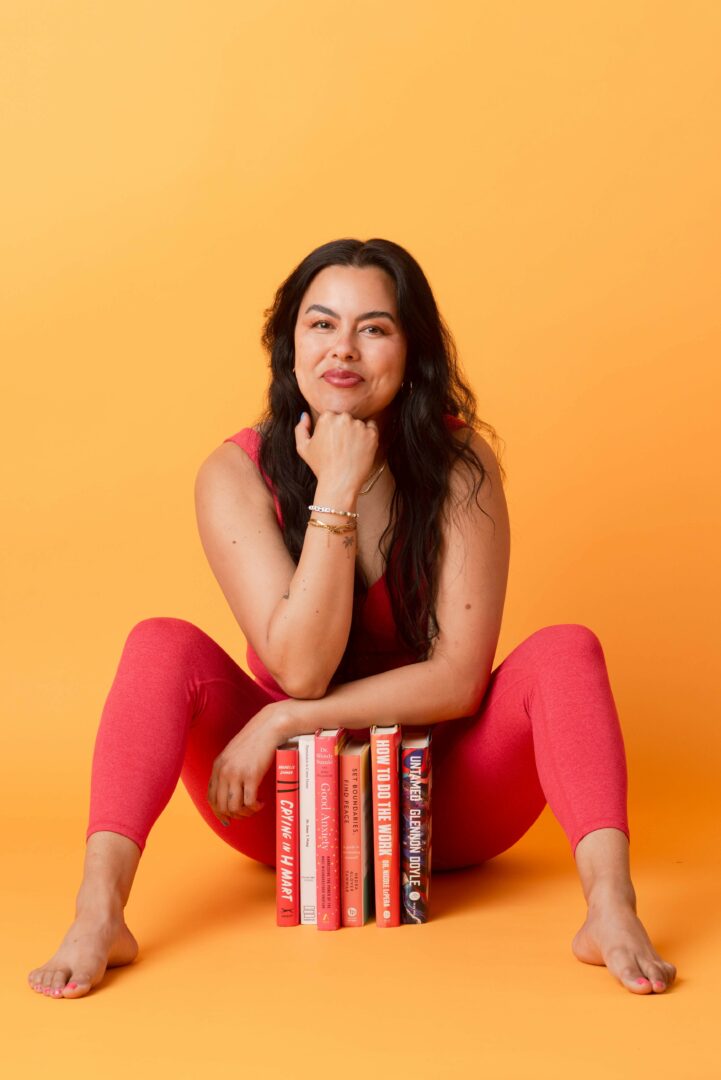
Image Credits
Alice G. Patterson- Loving My Company-https://linktr.ee/lovingmycompany?fbclid=PAZXh0bgNhZW0CMTEAAaZ4YMvJu0xAH4173Es5l_INSKidEH_nWjJ8QNyahbxKzwPrH21mChmltmk_aem_CfW-Q9Yz7oOgEmhTmLA3Sw
so if you or someone you know deserves recognition please let us know here.

